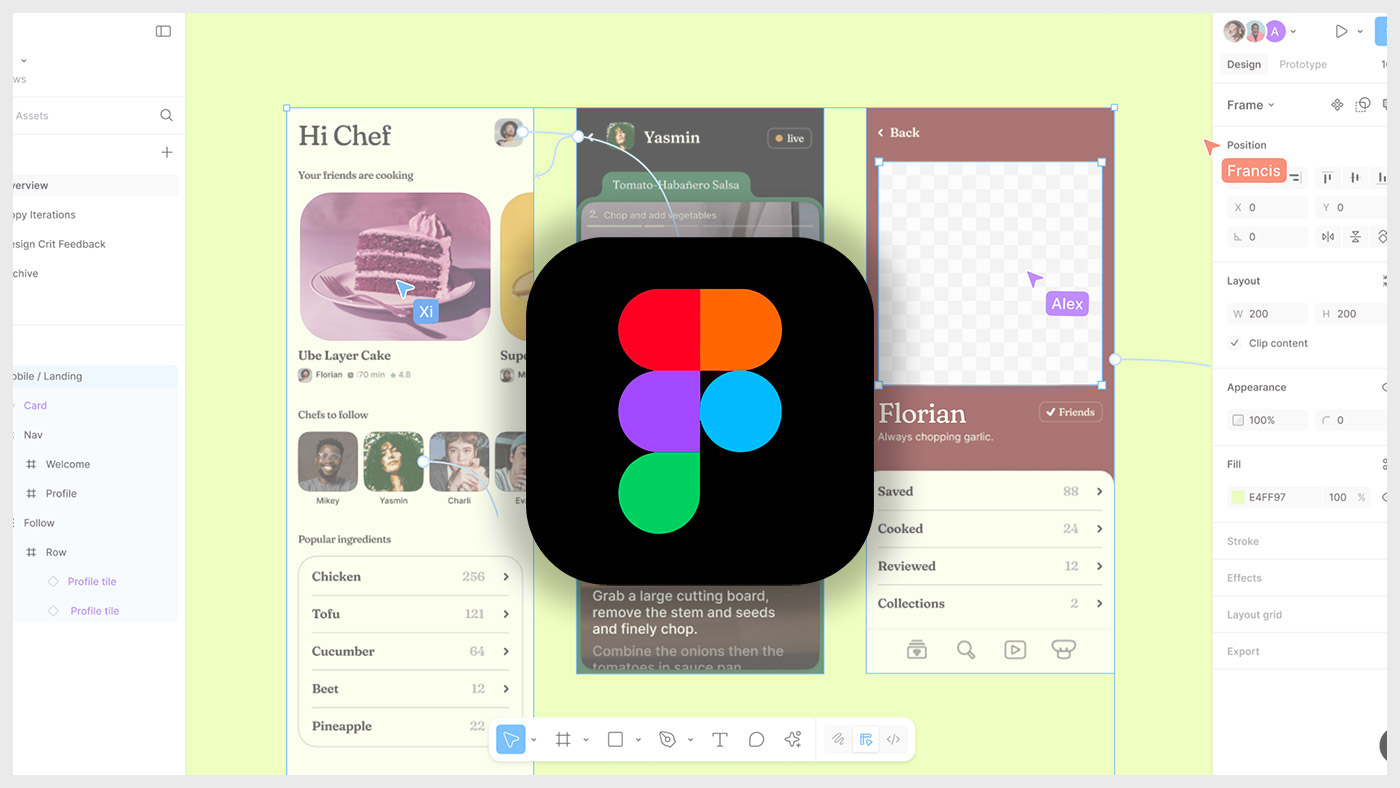5 Budgeting Mistakes That Keep You Broke (and How to Fix Them)

Budgeting is one of the most important tools for building wealth, but many people unintentionally sabotage their efforts. A budget isn’t just about restricting spending—it’s about creating a plan for your money. Unfortunately, a few common mistakes can make your budget ineffective. Let’s look at five budgeting mistakes that keep people broke and how to fix them.
1. Not Tracking Your Spending Accurately
You can’t manage what you don’t measure. Many people make a budget but fail to track their daily spending, leading to unintentional overspending. Using free apps like Mint or YNAB (You Need A Budget) allows you to sync your accounts and see exactly where your money is going.
2. Ignoring Small, Frequent Expenses
It’s easy to focus on big bills and forget the “little things” that add up—daily coffee, food delivery, and subscription services. Even spending $10 a day on lunch adds up to over $3,000 a year. Audit your subscriptions and consider meal prepping to reduce these silent budget killers.
3. Forgetting to Budget for Irregular Expenses
Many budgets fail because they only account for monthly bills. But irregular expenses—like annual car registration, holiday gifts, or vet visits—can derail your finances. Solve this by setting up a sinking fund in a separate savings account. Banks like Ally make it easy to create multiple savings buckets for different goals.

4. Not Adjusting Your Budget for Life Changes
Budgets are not static. Income changes, moving to a new city, or taking on new expenses should trigger a budget review. Revisit your plan monthly and adjust for reality rather than relying on outdated numbers. Tools like Personal Capital can help you track both cash flow and net worth in one place.
5. Treating Your Budget as a Restriction
Many people fail at budgeting because they see it as a punishment. A budget should give you freedom by telling your money where to go before it disappears. Allow room for small luxuries or “fun money” so you can stick to your plan long term without feeling deprived.

Key Takeaway
Budgeting isn’t about cutting every expense—it’s about creating a realistic plan for your money. Track your spending, plan for irregular costs, and review your budget regularly to avoid common mistakes. By doing so, you can finally break the cycle of living paycheck to paycheck and start building financial security.









